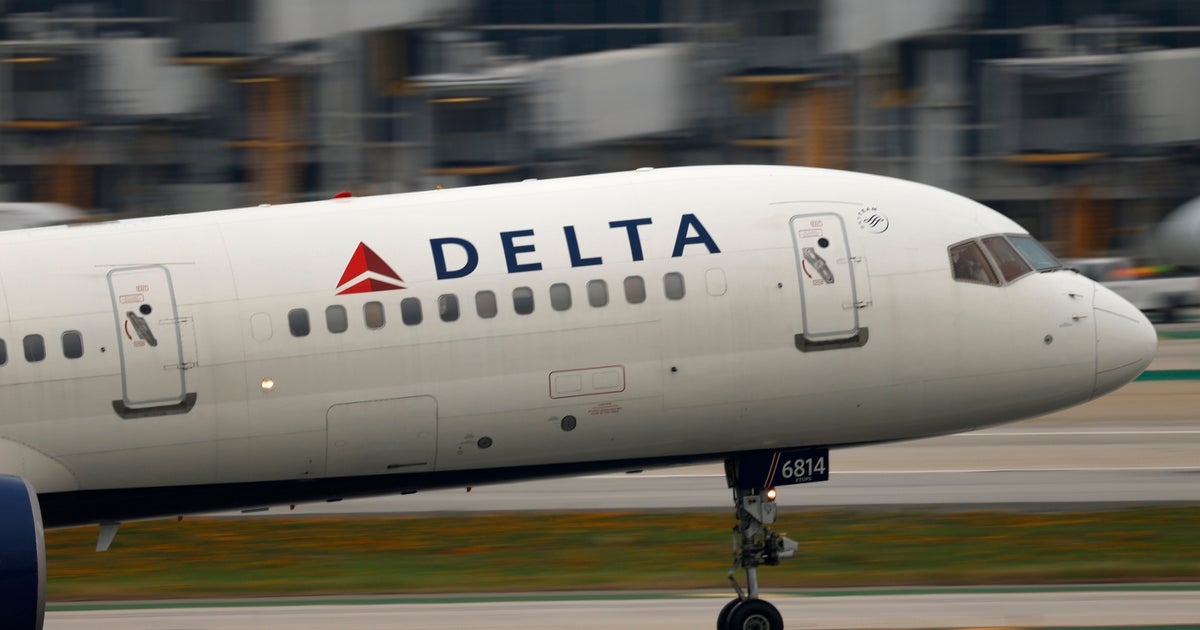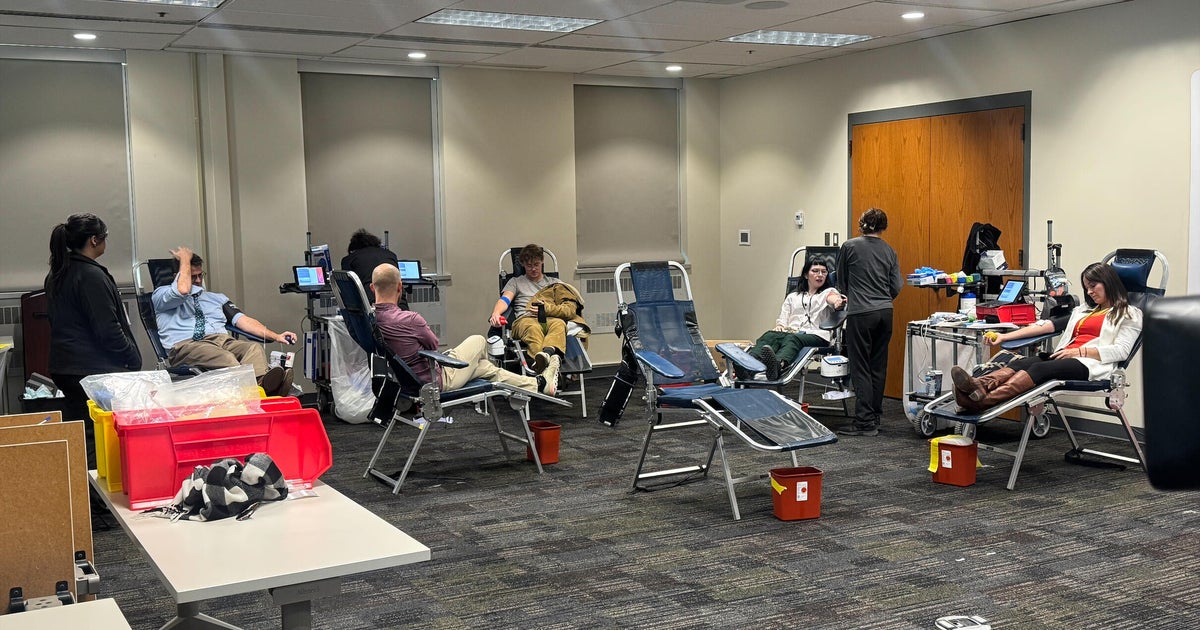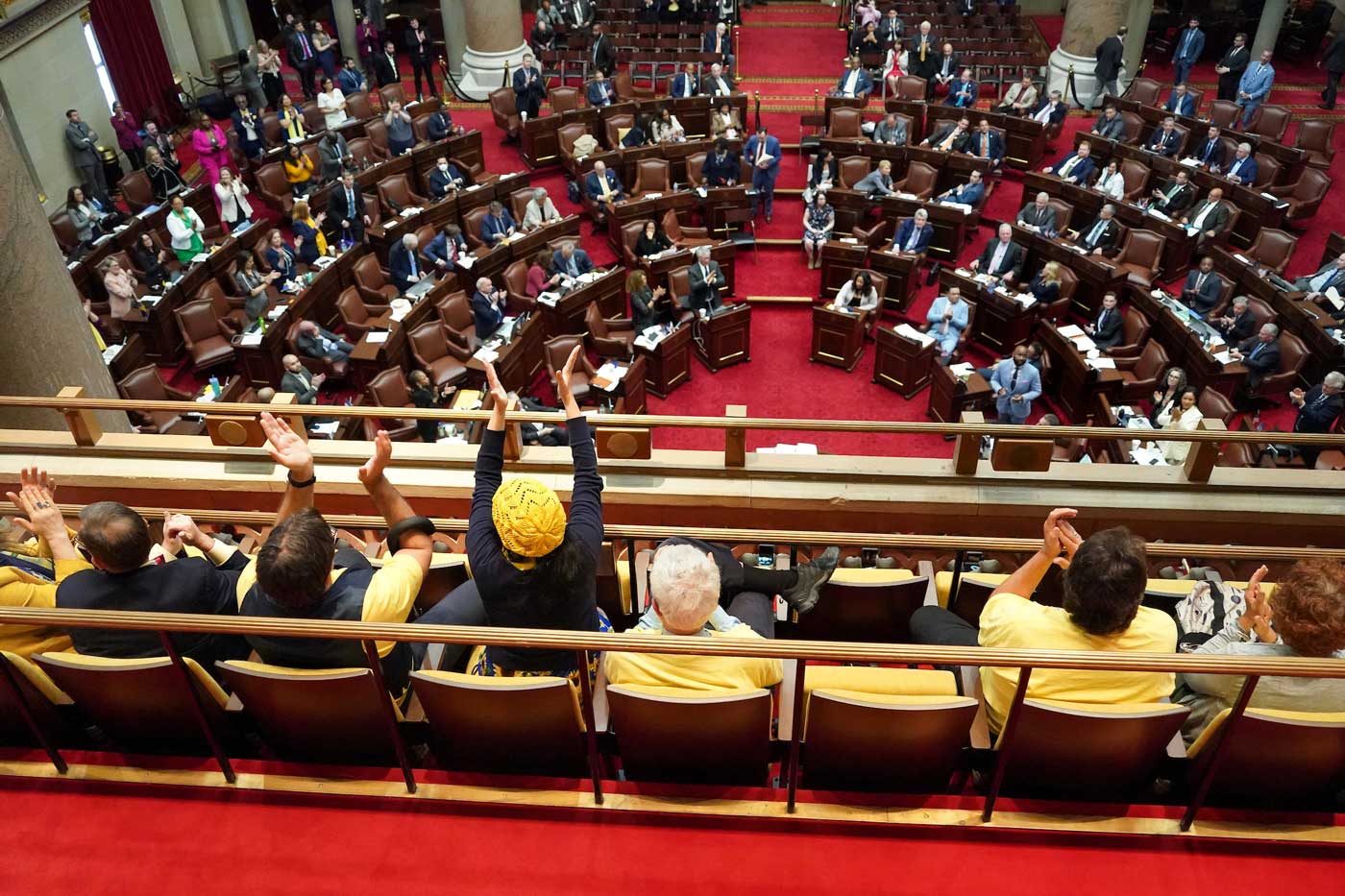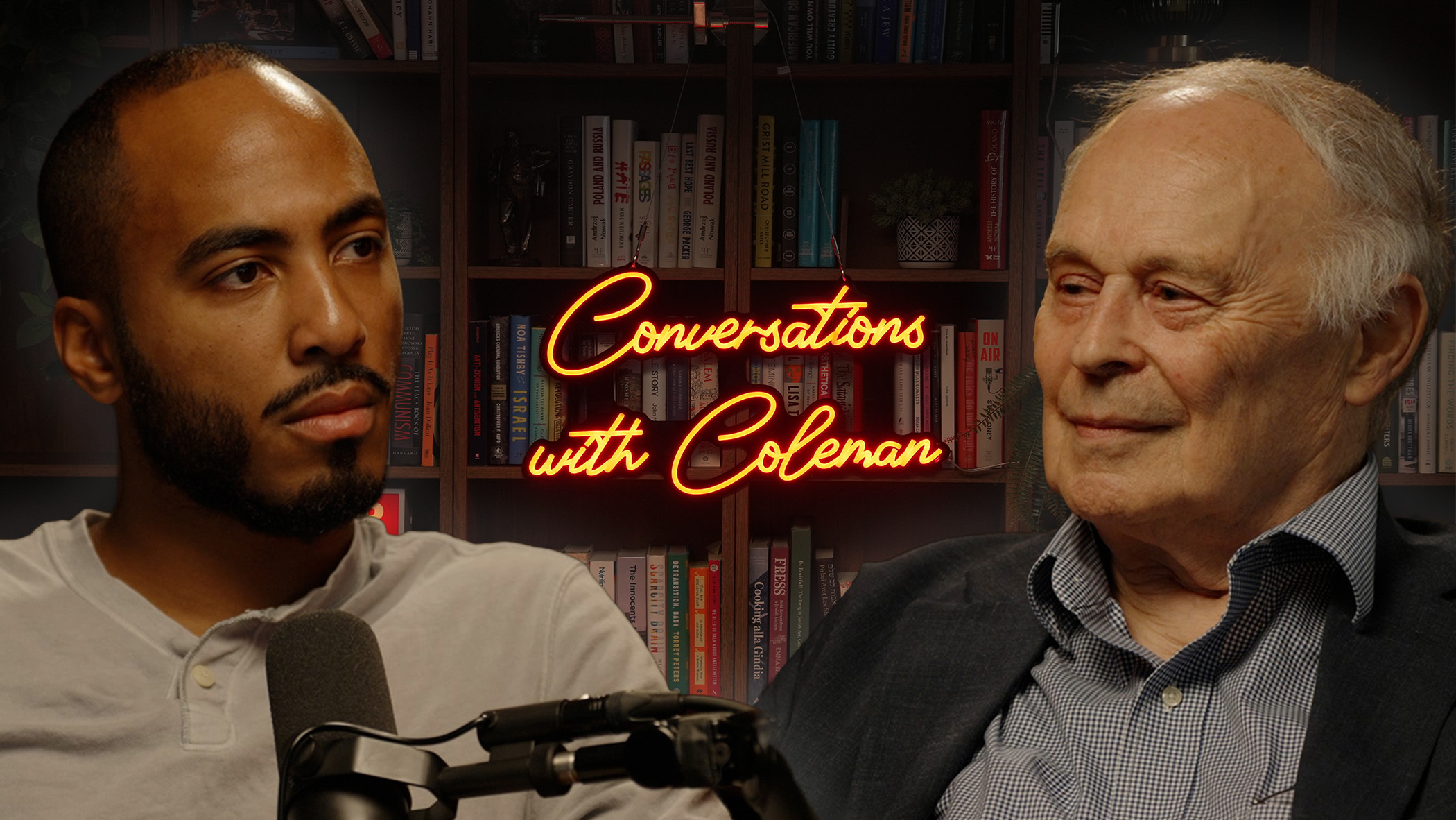Companies gave more than $50 million to state lawmakers who backed voting overhaul bills
When executives from Coca-Cola and Delta Air Lines spoke out against Georgia's new voting law as "a step backwards" and "wrong" last week, it seemed to signal a new activism springing from corporate America.
But if leaders of the nation's most prominent companies are going to reject lawmakers who support voting measures deemed restrictive by many, including prominent Black business leaders, they will have to abruptly reverse course from previous donation spending.
State legislators across the country who have pushed for controversial voting changes have reaped more than $50 million in corporate donations in recent years, according to a new report by Public Citizen, a Washington-based government watchdog group.
Telecom giant AT&T was the most prolific, donating over $800,000 since 2015 to authors of proposed changes, cosponsors of such measures, or those who voted in favor of the bills, the report found. Other top donors during the same period include Comcast, Philip Morris, United Health, Walmart, Verizon, General Motors and Pfizer.
The money may not have been given with voting laws in mind, but it nonetheless helped cement Republican control in statehouses where many of the prohibitive measures are now moving forward.
"It really is corporate America, as a whole, that is funding these politicians," said Mike Tanglis, one of the authors of the report. "It seems many are trying to hide under a rock and hope that this issue passes."
Pressure has been particularly intense in Georgia, where Republican Gov. Brian Kemp recently signed a sweeping new law that bans people from handing out food or water to voters waiting in line and allows the Republican-controlled State Election Board to remove and replace county election officials, among many other provisions.
The tension is rising in Georgia, where the new voting law has drawn national scrutiny in recent weeks and prompted criticism last week from home-state corporate giants Delta and Coca-Cola. On Friday, MLB announced it would no longer host the 2021 All-Star Game in Atlanta.
Delta criticism a "stark contrast to our conversations"
Kemp has insisted the new voting law is being misrepresented by corporate leaders. He also accused some business leaders of ignoring their role in the law's development. Kemp said Delta's criticism of the voting law "stands in stark contrast to our conversations with the company, ignores the content of the new law, and unfortunately continues to spread the same false attacks being repeated by partisan activists."
Similar voting overhauls are under consideration in state legislatures in Florida, Texas, Arizona and Iowa.
Public Citizen analyzed about 245 voting bills proposed before March 1. Its researchers culled a list of sponsors and cosponsors, while also analyzing vote roll calls. Then they cross-referenced the data with state-level donation records dating back to 2015, which included money from company-sponsored political action committees, as well as direct contributions from corporate treasuries.
"A contribution of $5,000 to a U.S. senator who is raising $30 million is a drop in a bucket. But in some of these state races, a few thousand dollars can buy a lot of ad time," Tanglis said. "If corporate America is going to say that (Donald Trump's 2020 election) lie is unacceptable on the federal level, what about on the state level?"
Among Public Citizen's findings:
- Companies donated at least $50 million since 2015 to lawmakers who supported what it calls "voter suppression bills," including $22 million in 2020, or nearly half the total tally.
- At least 81 Fortune 100 companies have given to these lawmakers a combined $7.7 million.
- Nearly half of all Fortune 500 companies donated a combined $12.8 million to these lawmakers.
- More than 60 companies have given at least $100,000 to lawmakers who supported the controversial bills to change rules on voting.
Companies listed in Public Citizen's report gave statements in reaction to their previous political donations.
AT&T said in a statement that "the right to vote is sacred." The company declined to say whether it would withhold donations to state lawmakers as it did for members of Congress who objected to Biden's win.
Verizon said in a statement the company opposes "the passage of any legislation or the adoption of any measure that would make it harder" to vote.
Comcast said in a statement that "efforts to limit or impede access to this vital constitutional right for any citizen are not consistent with our values."
Altria, the parent company of Philip Morris, said in a statement that "every eligible voter should be able to exercise their right to vote" and pledged to monitor lawmakers' "alignment with our political contribution guiding principles when making future contribution decisions."
Other companies listed in the report declined to comment.





